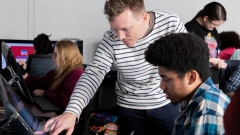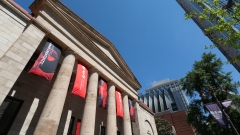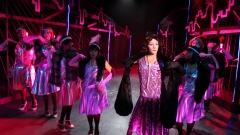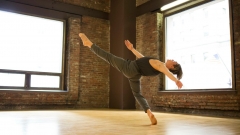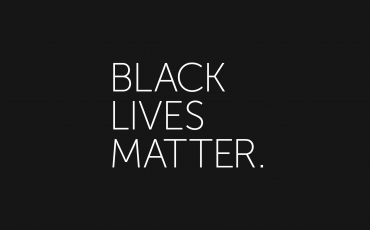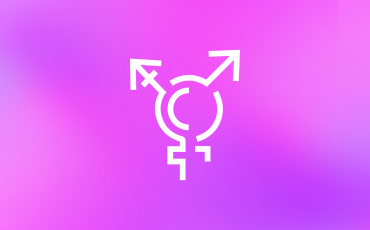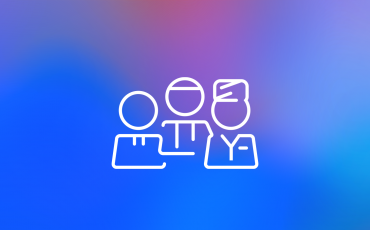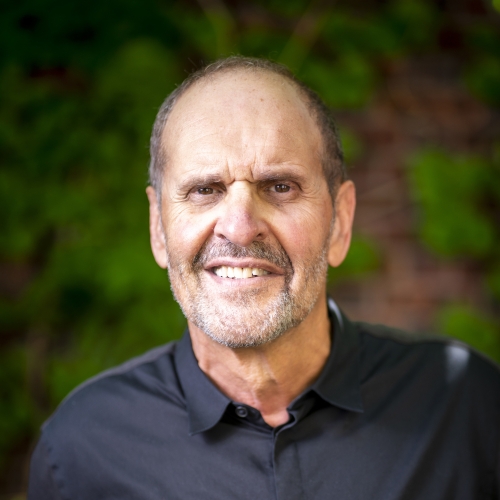
Diversity, Equity, Inclusion & Accessibility
How do we define DEIA at UArts?
Diversity: Individual differences, such as personality, learning styles, life experiences and group or social differences, including race, ethnicity, socioeconomic class, gender, sexual orientation, nationality, ability, and cultural, political, religious or other affiliations
Equity: The creation of opportunities for historically underrepresented populations to have equal access to educational programs and professional opportunities; closing the achievement gaps in student success and completion, as well as professional advancement for employees
Inclusion: The active, intentional and ongoing engagement with diversity to increase one’s awareness, knowledge and empathic understanding of the complex ways individuals interact within systems and institutions; building community; providing a voice to all members of the community
Accessibility: Equitable access under law, as well as the application of a socially-inclusive, universal design mindset in all areas of the digital, learning, and built environments. The commitment to accessibility recognizes that a neuro-diverse community of learners enhances our academic culture and strengthens our strategic mission.
DEIA Executive Board:
Stephen Cirino, Interim Director of DEI and DEIA Chair
Kelly Deasy, Vice-Chair
Yasmine El Gheur, Coordinator

